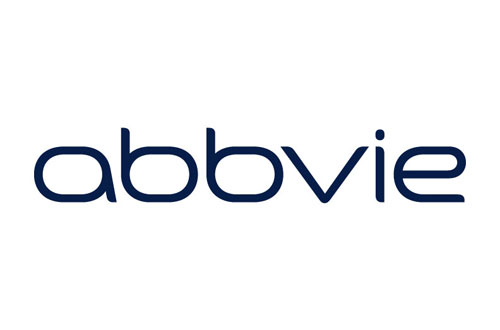 AbbVie’s plans for a quick filing for small cell lung cancer (SCLC) candidate Rova-T have been scuppered after the much-touted drug missed the mark in a phase II trial.
AbbVie’s plans for a quick filing for small cell lung cancer (SCLC) candidate Rova-T have been scuppered after the much-touted drug missed the mark in a phase II trial.
The company’s shares tumbled on the announcement yesterday – knocking more than $20bn off the company’s market value at one point – as investors reacted to the news of the failed TRINIRTY study in third-line SCLC treatment.
The fall-off is no surprise given that AbbVie has spent the last few months building up expectations for antibody-drug conjugate Rova-T (rovalpituzumab tesirine), pointing to its blockbuster sales potential while moving swiftly ahead with additional trials in both second-line (TAHOE) and first-line SCLC (MERU). It was the main asset in the pharma group’s $10bn acquisition of Stemcentrx in 2016.
Earlier this year AbbVie’s chief executive Richard Gonzalez suggested that Rova-T could start to contribute revenues in late 2018 and 2019. Now the company has said it won’t be able to file for accelerated approval after discussions with the FDA about “the magnitude of the effect across multiple parameters” in the trial, which did not include a control group.
The data from the study, which included SCLC patients whose tumours expressed high levels of the marker DLL3, showed that Rova-T achieved an objective response rate (ORR) of 16% and a median survival of 5.6 months. The probability of patients being alive after 12 months was 17.5%.
In an earlier trial involving patients with a rage of DLL3 expression levels Rova-T achieved an ORR of 18%, but this rose to 39% in a subgroup with high DLL3 expression. That study showed a very modest one-month impact on median survival.
Analysts at Leerink have said they estimate a threshold overall response rate for commercial viability of around 30% and survival of more than five months – suggesting that the latest results at least passed muster on the latter measure.
“We continue to believe Rova-T has potential for patients with small cell lung cancer and other DLL3-expressing cancers,” said AbbVie’s chief scientific officer Mike Severino.
“Although the results from the study were not what we hoped for, we look forward to receiving data from the ongoing phase III studies in the first- and second-line settings and remain committed to developing Rova-T for the treatment of patients with SCLC.”
Rova-T comprises an anti-DLL3 antibody linked to a cancer-killing agent called pyrrolo-benzodiazepine. Approximately two-thirds of patients with SCLC have high level DLL3 on the surface of cancer cells, and the marker is thought to be absent from heathy adult tissues.




